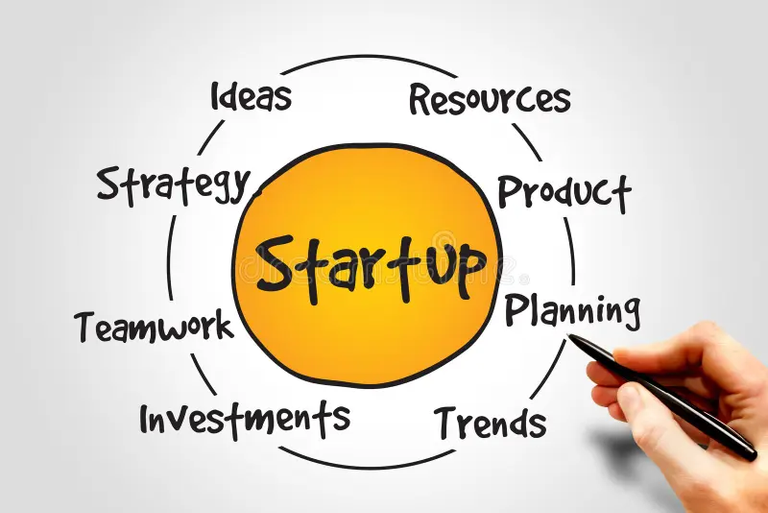In the labyrinth of modernity, we find ourselves more reliant yet cautious than ever before.
Technology has amplified productivity, yet burnout persists. While privacy tools abound, the sense of security seems to diminish.
Undoubtedly, technological advancements have yielded remarkable achievements. From AI-designed antibiotics to carbon dioxide capture machines combating climate change, the feats of technology are awe-inspiring. Enhanced screens and effects in gaming and movies have made entertainment more immersive than ever.
However, the shine of innovation is often overshadowed by the dark clouds of tech-related scandals. Data breaches, cyberattacks, and online abuse dominate headlines, eroding trust in the digital realm. In the UK, flawed accounting software led to unjust accusations of fraud against innocent workers, sparking public outrage.
"Tech is a double-edged sword," observes veteran Silicon Valley observer Prof Mike Malone. Indeed, it's complicated.
Discussions abound about whether these developments are eroding trust in the very tools that have become integral to our lives. Eileen Burbidge from Energy Capital believes it's a recurring debate but a crucial one. "It helps consumers and businesses be more aware of what they're embracing," she says, emphasizing the importance of ongoing dialogue.
Sir Martin Sorrell, an advertising industry veteran, acknowledges that while everyone utilizes tech, there's a growing unease about its implications. Concerns about job displacement due to advancing AI technologies are real, with reports suggesting a significant impact on employment.
Paolo Pescatore, a tech industry analyst, underscores the peer pressure to stay connected, adding to the complexity of the issue. Meanwhile, the tech sector itself is undergoing seismic shifts, with layoffs and an uncertain future for workers once thought secure.
Tomas Halgas, a young tech entrepreneur, reflects on the existential crises facing many in the industry. "Tech workers thought they were immune to automation; now we're among those who may be replaced," he says, highlighting the sobering reality.
The rapid evolution of AI, exemplified by breakthroughs like ChatGPT, prompts reflection on the pace of technological advancement. While some advocate for pumping the brakes, the influx of money and power into the AI sector suggests otherwise.
Yet amidst the whirlwind of innovation, public discourse remains vital. Prof Malone believes that questioning new tech is a sign of progress. "We're not blindly embracing new tech anymore," he says. "And that's a good thing."
One thing is clear, though. The conversation must continue, informed by both the marvels and the missteps of our digital age.
